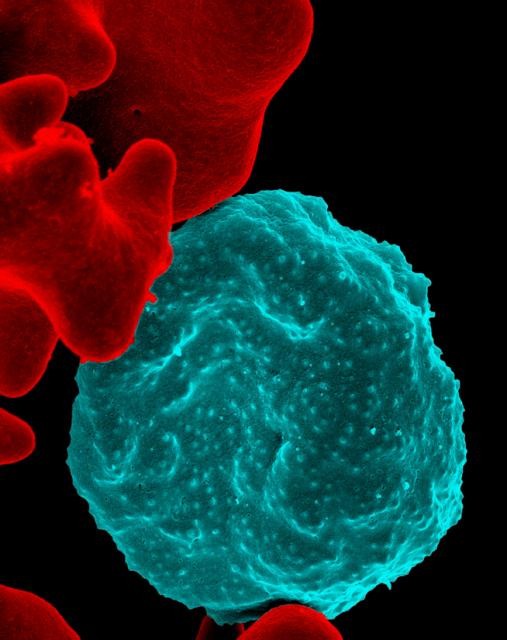
Malaria is one of the deadliest diseases in the world, especially in Africa. With a compound newly discovered, however, hopefully it won't be long before death is a thing of the past.
There's an exciting new development in the health community's quest to find the best cure for malaria. A international collaboration led by a team of St. Jude Children's Research Hospital has just discovered a compound that targets the red blood cells that are infected with the virus but doesn't do damage with the other healthy cells. If that isn't enough good news, it's a fast-action compound since it can make the parasite undetectable in only 48 hours.
This compound is known as (+)-SJ733, and it came from the molecule that was previously determined in another study that was discovered by the St. Jude researchers. This molecule is the reason why other international research teams supported its continuous study.
This compound has the ability to call on the immune system to search and annihilate the red blood cells that have already been affected by the virus without harming the healthy ones. Using lab mice, they were able to determine that the efficacy of this compound's mechanism is as fast as 24 hours; around this time, up to 80% of the infected cells have already been eliminated. Within 48 hours, test results may turn out negative, which means the patient may already be malaria free.
Furthermore, because of its effectiveness and speed in which it controls malaria, the parasite isn't given any chance to become resistant to drugs, only increasing significantly the chances of survival of the patient. The compound is also very powerful against the deadliest of the malaria strains called Plasmodium falciparum as it disrupts the functions of ATP4, a type of protein that helps sustains the parasite. This disruption alters the makeup of the infected red blood cells so they're easier to destroy.
The team is hopeful they can already move forward and begin with the human trial. In the end, they aim to create a solution that's cheap, easy to reproduce, and effective.

